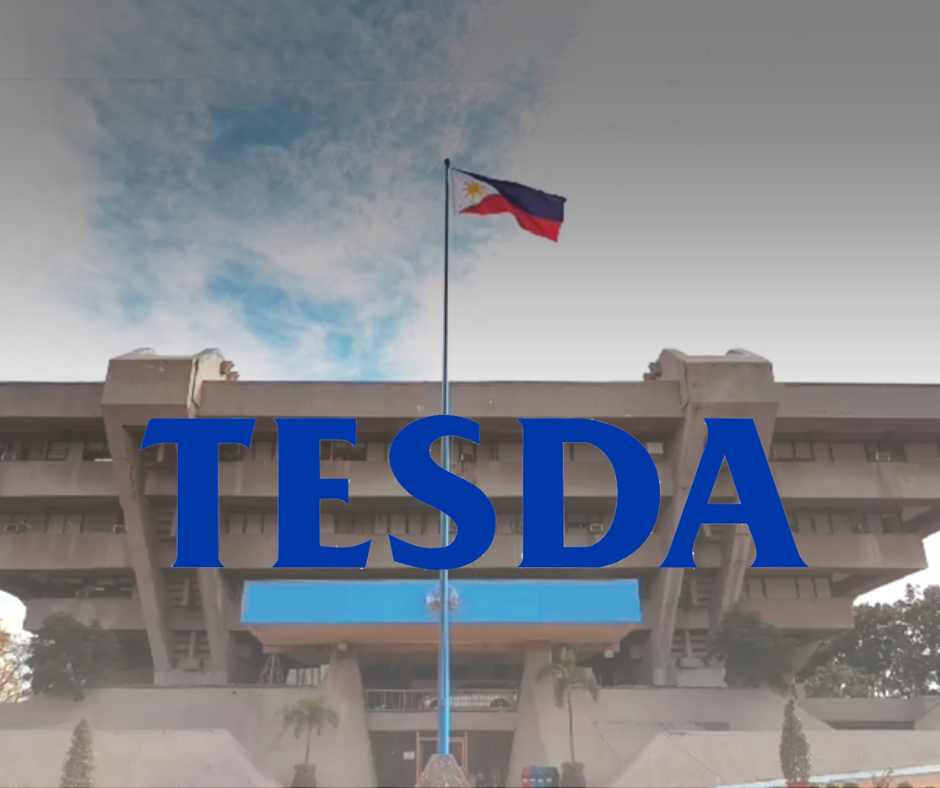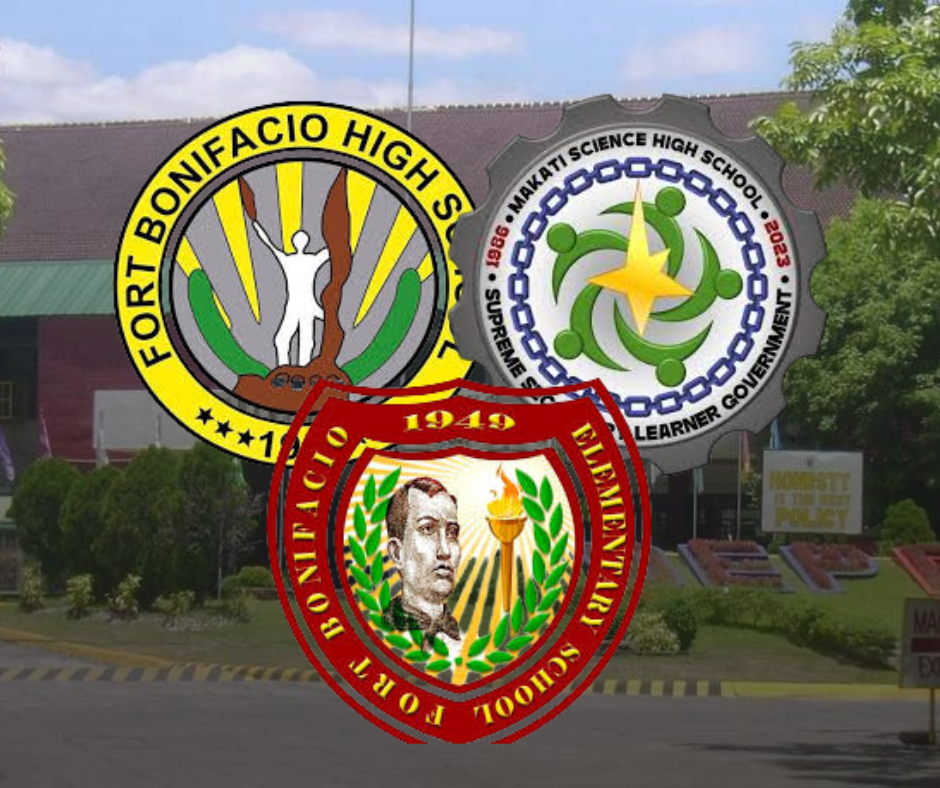
Technical and vocational education and training (TVET) graduates are finding jobs at a rapid clip, thanks to close collaboration between the Technical Education and Skills Development Authority (TESDA) and the private sector, an agency official said July 24.
Eight out of 10 TVET graduates land decent jobs, President Ferdinand R. Marcos Jr. said in his State of the Nation Address on July 22.
TESDA Deputy Director General Rosanna Urdaneta attributed the high employability rate to the agency’s industry partnerships.
In a post-SONA (State of the Nation Address) forum at Hilton Hotel in Pasay City, Urdaneta said, “It starts with sitting down with the industry on developing, on trying to identify the skills they need. Together, we develop competency standards and curriculum, and come up with assessment packages.”
TESDA is tailoring its programs to meet industry demands, Urdaneta said.
“What we are trying to do is to operationalize the concept of area-based demand driven. Our meetings with the industry, as well as sectoral meetings with the President, enable us to tell them the challenges encountered by TESDA,” she added.
To boost the number of TVET graduates, TESDA is working with the Department of Education (DepEd) to integrate TVET programs into senior high school curricula.
These programs focus on skills like web development, visual graphics design, events management, and agri-entrepreneurship, not traditional skills like cooking and carpentry, Urdaneta said.
“We need to train the teachers on how to contextualize TVET skills into the subjects,” Urdaneta noted.
In May, DepEd and TESDA signed two joint memorandum circulars (JMCs) that outline the integration of TVET into all senior high school (SHS) tracks.
This collaboration also involves the Commission on Higher Education and the Department of Labor and Employment to ensure a comprehensive approach to skills training and workforce readiness.
The integration will embed at least one training regulation from TESDA into every grade level of the SHS curriculum.
This means that students can earn national certificates upon completion of specific training, which will serve as formal recognition of their skills and competencies.


